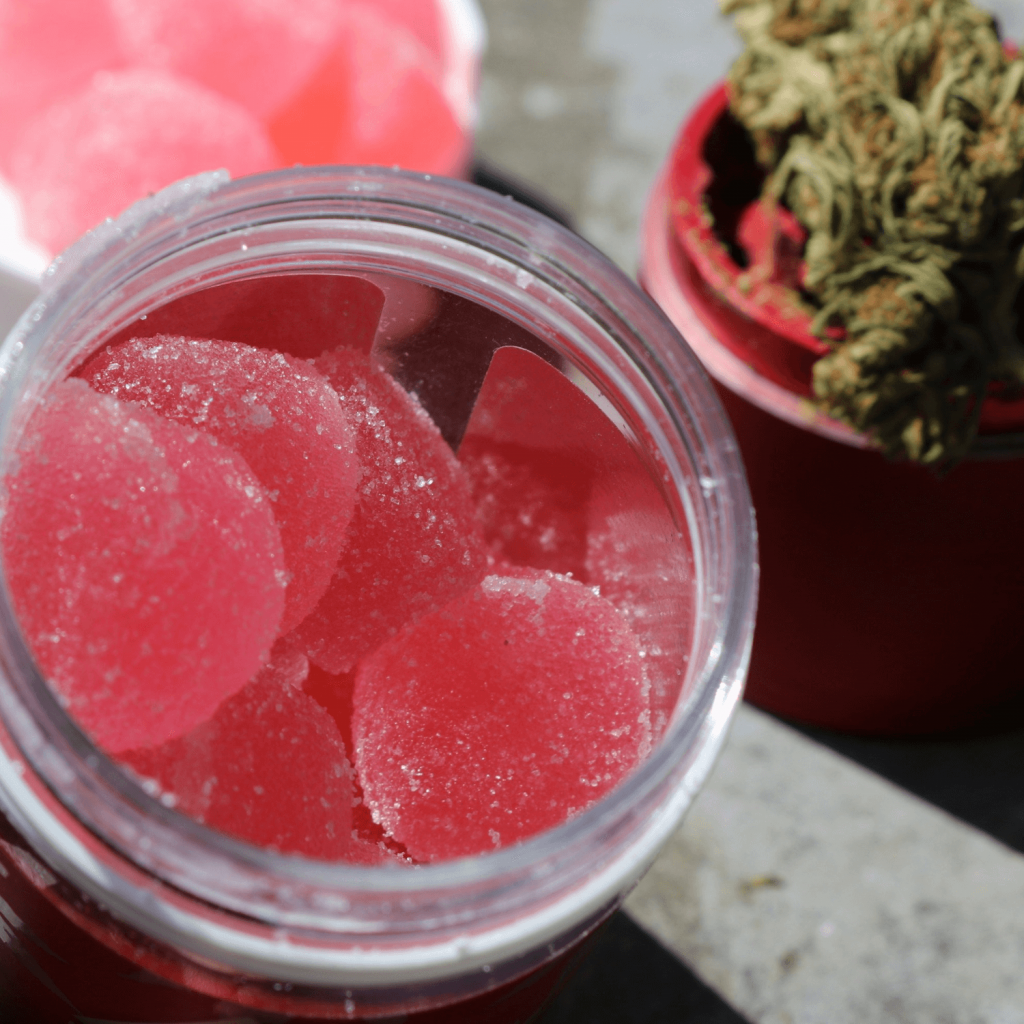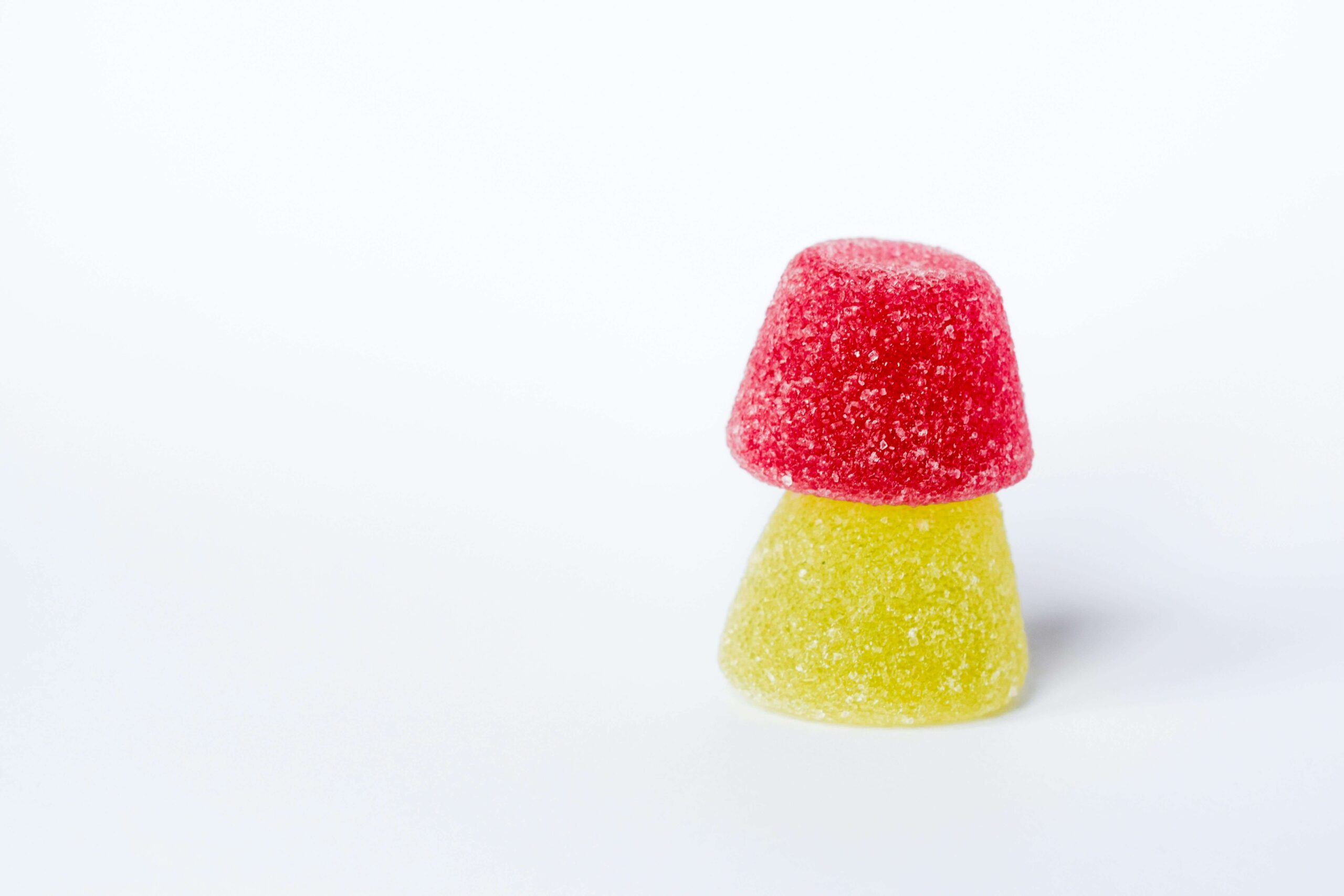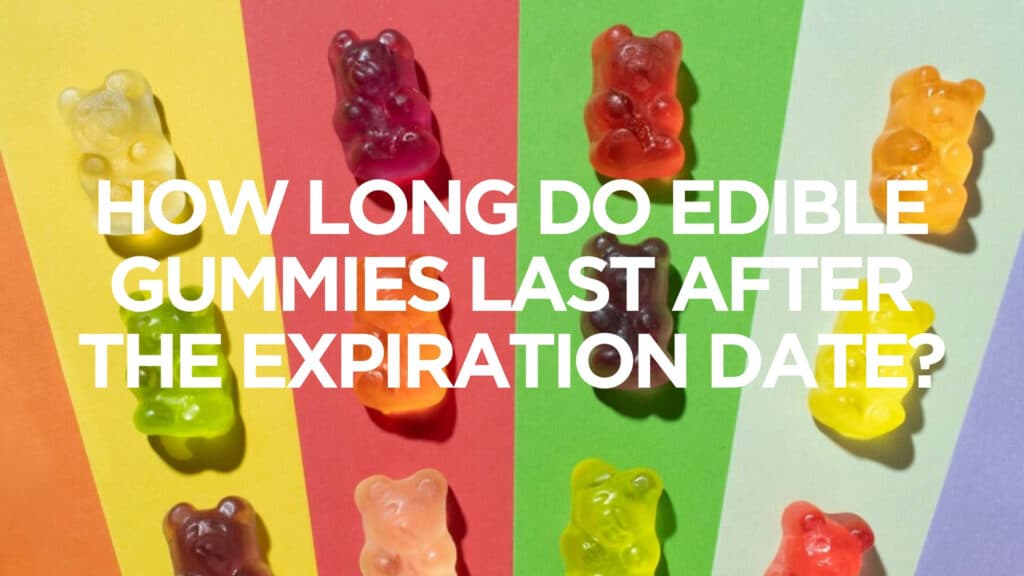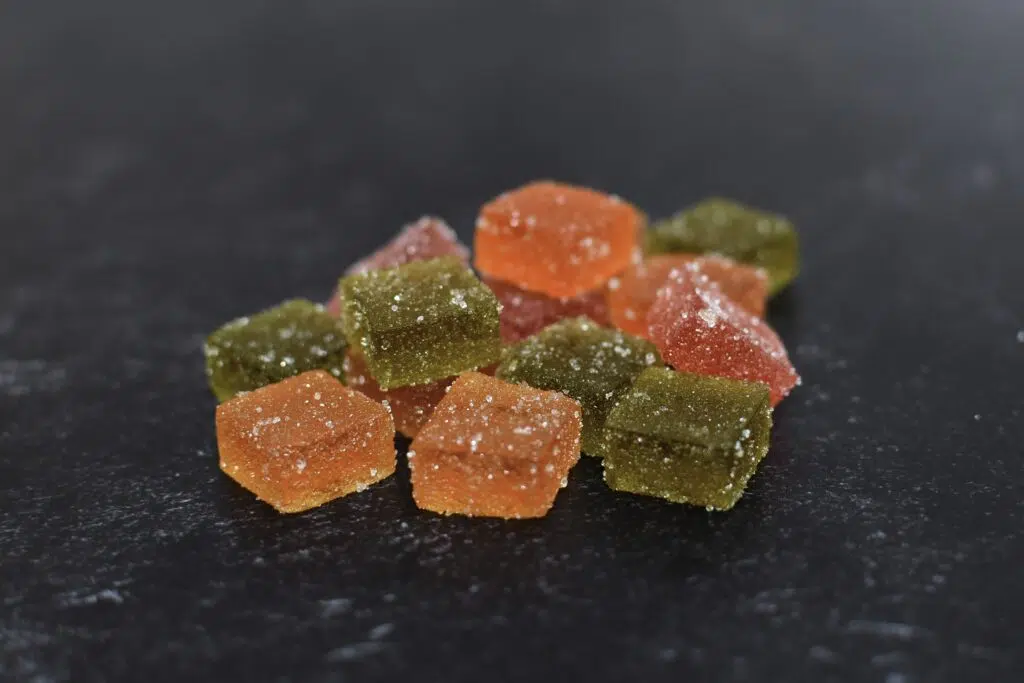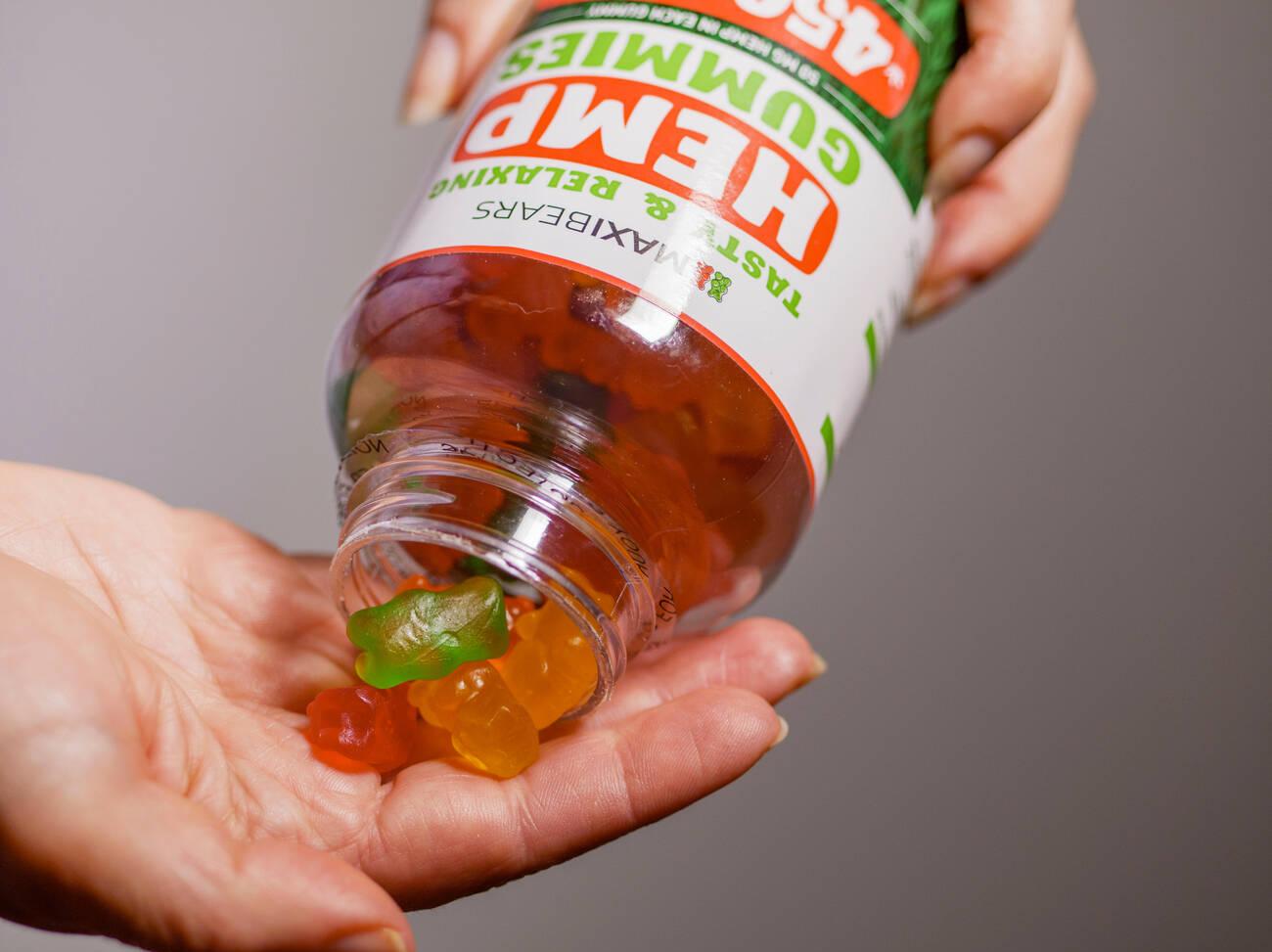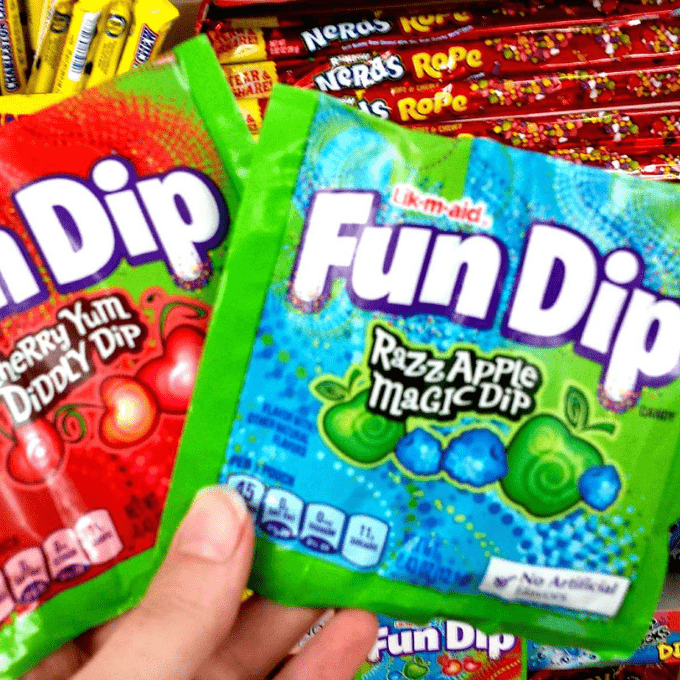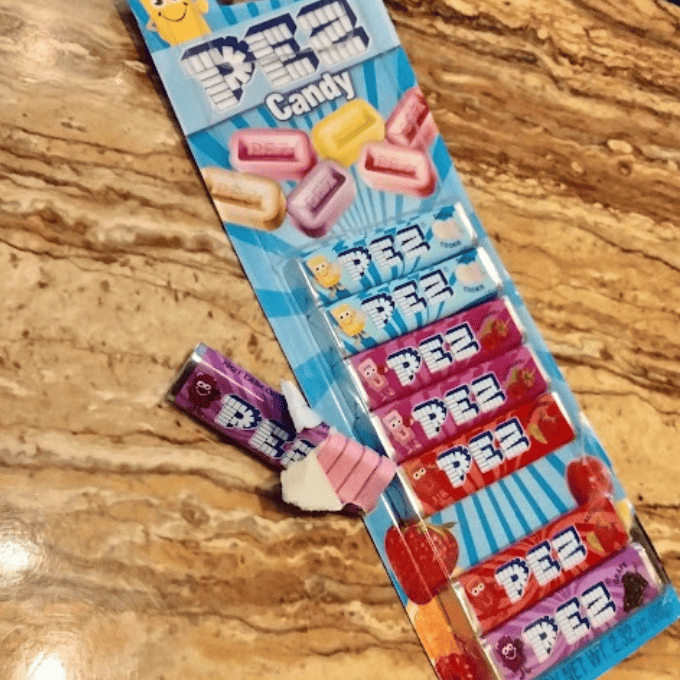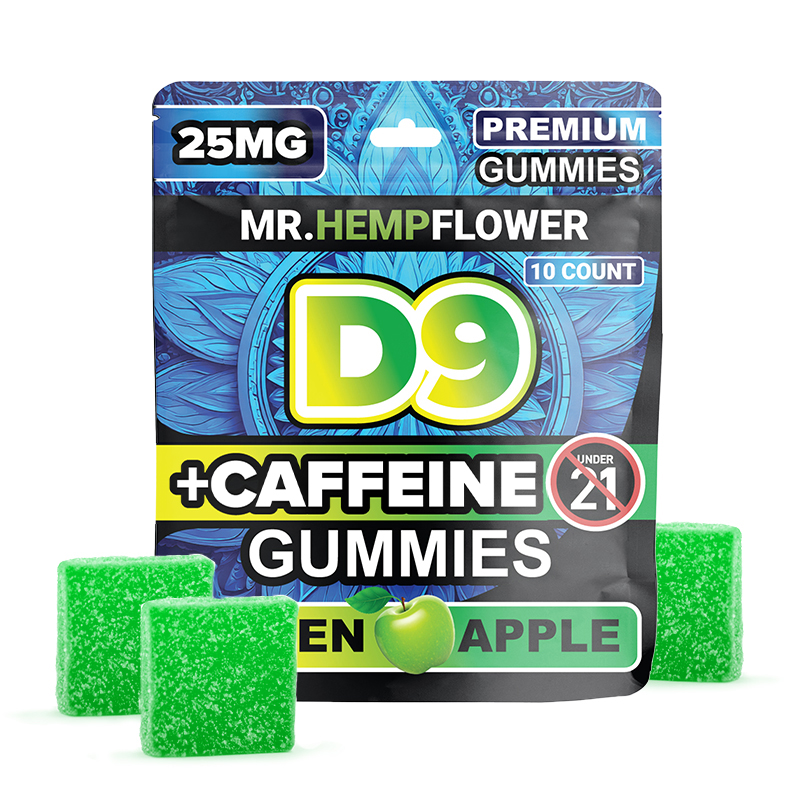What Happens If You Eat Expired Edible Gummies
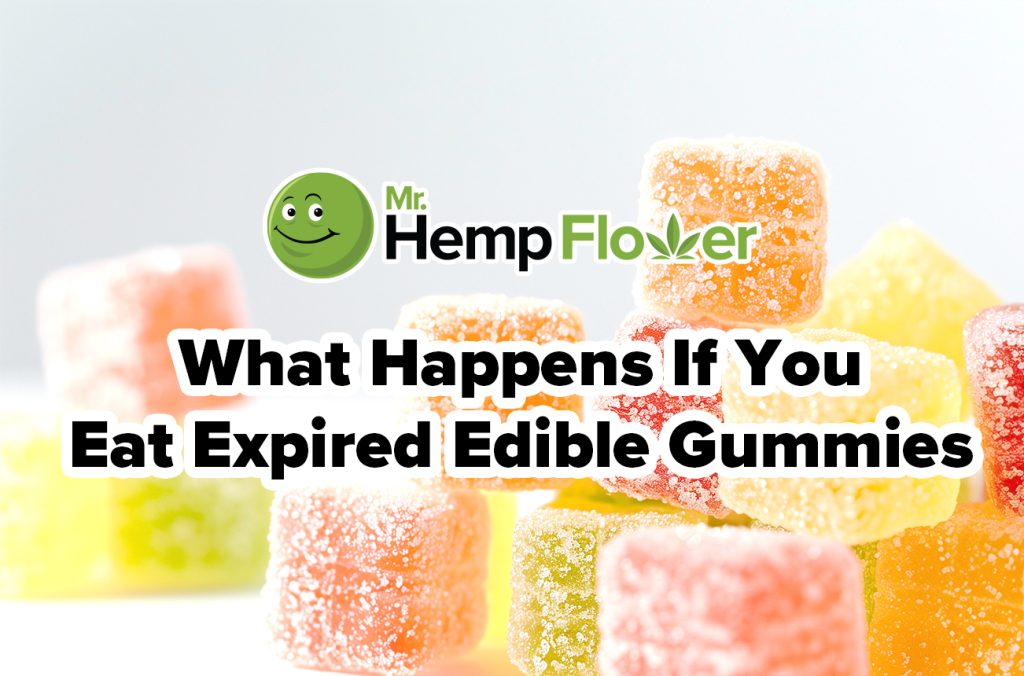
The colorful, chewy allure of edible gummies can be difficult to resist, especially when they’ve been tucked away in a cupboard for a while. But before popping that forgotten gummy into your mouth, a crucial question arises: is it safe? Eating expired food, in general, raises concerns, but with edibles, the stakes can feel particularly high, blending potential food safety issues with the uncertainty surrounding the potency and effects of degraded active ingredients like THC or CBD.
This article will delve into the risks and potential consequences of consuming expired edible gummies. We will examine the science behind food spoilage, the specific vulnerabilities of gummy formulations, and the impact of degradation on both the safety and efficacy of infused compounds. Furthermore, it will provide guidance on how to properly store edibles and recognize signs of spoilage to avoid unpleasant – and potentially harmful – experiences.
Understanding Expiration Dates
Expiration dates are not always indicators of immediate danger. They are primarily a manufacturer's estimate of when the product is at its peak quality.
For most food items, including gummies, the date indicates when the flavor, texture, and nutritional value might start to decline. However, this doesn’t necessarily mean the food is unsafe to eat after that date.
"Best by," "use by," and "sell by" dates all have slightly different meanings, and none guarantee spoilage immediately after the printed date.
Why Gummies Expire
Gummies, by their very nature, are susceptible to several degradation processes.
Their high sugar content makes them prone to crystallization and hardening, affecting the texture and palatability. Exposure to moisture can lead to mold growth, a clear sign of spoilage and a significant health risk.
Furthermore, the active ingredients in infused gummies, like THC or CBD, can degrade over time, altering their potency and potentially creating unwanted byproducts.
Potential Risks of Eating Expired Gummies
The risks associated with eating expired gummies fall into several categories. One major concern is foodborne illness.
Even though the high sugar content in gummies inhibits bacteria, molds and yeasts can still grow, especially if the packaging has been compromised. These microorganisms can produce toxins that cause nausea, vomiting, diarrhea, and other gastrointestinal symptoms.
Another risk is the degradation of active ingredients. THC, for example, can degrade into cannabinol (CBN), a compound with different effects that are typically less psychoactive. While CBN itself is not generally considered harmful, the altered potency can lead to unintended consequences, especially for individuals sensitive to THC or those with pre-existing health conditions.
Finally, the flavor and texture of expired gummies can be significantly altered, resulting in an unpleasant experience. This is less of a health risk but can still be off-putting.
Signs of Spoilage to Watch Out For
Before consuming any gummy, carefully inspect it for signs of spoilage.
Look for changes in color, texture, or smell. If the gummies are excessively hard, sticky, or have a visible mold or an unusual odor, discard them immediately.
Packaging also provides clues; a bulging or damaged package suggests potential contamination.
Expert Opinions and Research
Dr. Emily Carter, a food safety expert at the National Food Safety Institute, emphasizes the importance of proper storage.
She states, "Edible gummies should be stored in a cool, dry place, away from direct sunlight and heat. This helps to slow down the degradation process and minimize the risk of spoilage."
Studies on the degradation of THC in edibles have shown that potency can decrease significantly over time, especially when exposed to light and heat.
"Consumers should be aware that the effects of expired edibles may not be the same as those of fresh products," Dr. Carter warns.
Proper Storage for Edible Gummies
Proper storage is crucial for extending the shelf life of edible gummies and minimizing the risk of spoilage.
Store gummies in an airtight container in a cool, dark, and dry place. Refrigeration can help, but be mindful of condensation, which can promote mold growth.
Avoid exposing gummies to direct sunlight or heat, as these factors accelerate degradation.
What to Do If You've Eaten Expired Gummies
If you’ve accidentally consumed expired gummies, monitor yourself for any adverse symptoms.
Mild gastrointestinal discomfort is common, but seek medical attention if you experience severe symptoms such as persistent vomiting, diarrhea, or fever. If you experience a psychological episode, immediately contact a medical professional for help.
If you are concerned about potential poisoning, contact your local poison control center.
The Future of Edible Expiration and Safety
The edible industry is still relatively young, and regulations regarding expiration dates and labeling are evolving. Increased research into the degradation of active ingredients and the development of more stable formulations are needed to improve product safety and consistency.
Consumers should advocate for clearer labeling practices that provide more information about storage, potency, and potential risks. Furthermore, ongoing education about food safety and responsible consumption is essential for ensuring a safe and enjoyable experience with edible gummies.
Ultimately, while the occasional expired gummy might not pose a serious threat, vigilance, proper storage, and informed decision-making are key to protecting your health and well-being.


